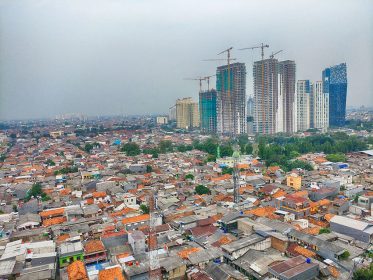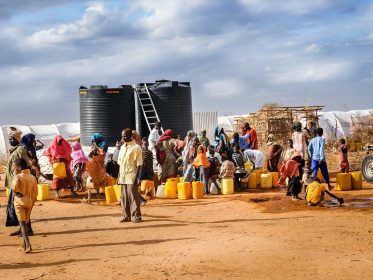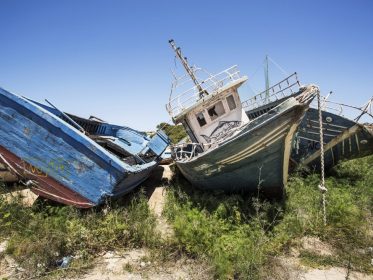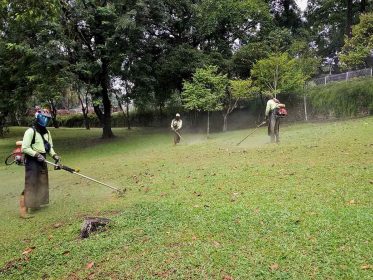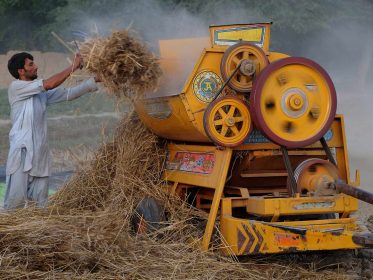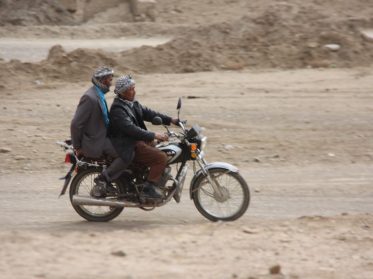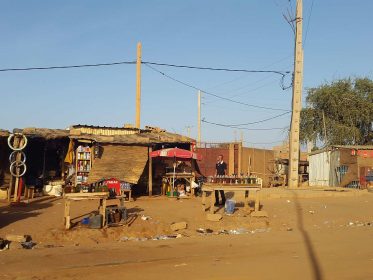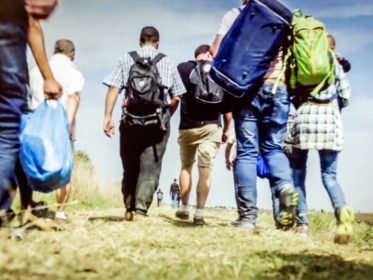Research and surveys
Abuse of low-skilled migrants and human trafficking is a global problem. At Seefar, we are keen to help prevent people from being trafficked. It is therefore important to understand how different countries combat and prevent human trafficking, and to understand the work yet to be done. The Protocol to Prevent, Suppress and Punish Trafficking in …
In Indonesia, Seefar is interested in promoting social equality and mobility among disadvantaged and marginalized groups. The first step to action is understanding how social mobility is influenced by education and the economy. We have analyzed macro-level statistics available on Indonesia to discern trends and establish whether economic welfare and school enrollment in Indonesia are …
Data crunching: the story behind economic indicators and enrolment rates in Indonesia Read More »
In 2017 Seefar conducted a qualitative study leading in-depth interviews with potential Somali migrants in Kenya, in-transit migrants in Libya and in Italy. The aim of this research was to understand whether there are large pockets of Somalis intending to migrate to Europe, what their decision-making processes are, locations of these populations and destination preferences. Further …
We spend a lot of time researching migrant smugglers and talking to governments about migrant smuggling. We have noticed that most commentary on migrant smuggling unknowingly combines conflicting assumptions. The link below takes you to a brief that aims to untangle different perspectives on migrant smuggling, in order to clarify analytical and political options. The brief …
For us, low-skilled labour migration is a great opportunity to improve life for poor people. However, the markets for this labour demand attention because of the abuse and exploitation that is so common in them. The ethics and effectiveness of a system that shifts an extra $10 a month to a Qatari (GDP per capita …
Helping low-skilled migrant workers benefit more from their employment Read More »
Aid has increasingly been viewed as a tool to reduce migration. Few studies have actually investigated these assumptions. Seefar conducted research to explore how development programs influence the migration intentions of Afghan potential migrants. This pilot research, entitled “Alternatives to irregular migration: how aid affects choices among Afghan potential migrants”, comes at a time when large amounts of development …
Seefar is a social enterprise, which means we use the flexibility, speed and entrepreneurialism of a corporate structure to help vulnerable people build a better future. This means that Seefar reinvests our working capital into projects and initiatives to improve the lives of the most vulnerable. Our program for migration, displaced people, human trafficking and modern slavery is currently developing initiatives to address …
Skunk Works: Finding ways to solve the big issues of Migration Read More »
Seefar conducted an assessment mission in Mali and Niger to produce an action plan for the EU funded Global Action to Prevent and Address Trafficking in Persons and the Smuggling of Migrants (GLO.ACT) program. The GLO.ACT program is a four-year (2015-2019) joint initiative by the European Union (EU) and the United Nations Office on Drugs …
Combating migrant smuggling and human trafficking in Mali and Niger Read More »
In 2016, Seefar carried out research with Syrians, Sudanese, Afghans, Eritreans, Iranians, and Iraqis recently arrived in Europe. The aim of the research was to understand the potential for working with and through the UK diaspora in order to communicate with migrants intending to travel to Europe and those in transit. We conducted 900 surveys and compared the responses between the …

